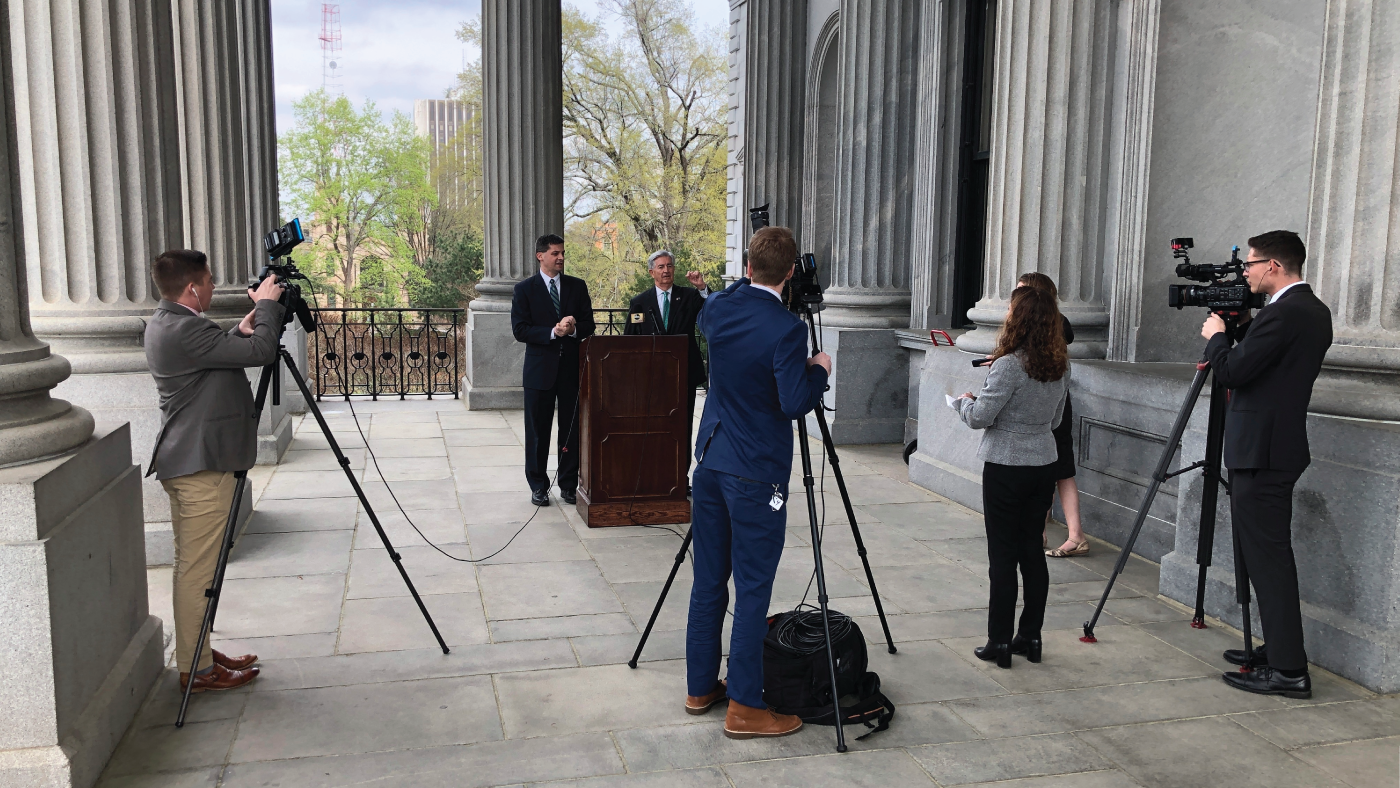The Economics of Online News
Excerpts from material contributed by the Pew Internet Project to the Pew Research Center's Project for Excellence in Journalism "State of the News Media" report.
Excerpts from material contributed by the Pew Internet Project to the Pew Research Center's Project for Excellence in Journalism "State of the News Media" report.
Declines in news audience, revenue, reporting – and a grim picture for economic models for online news. From PEJ's annual State of the News Media report.
Senior research staff answer questions from readers relating to all the areas covered by our seven projects, ranging from polling techniques and findings, to media, technology, religious, demographic and global attitudes trends.
For the second time in a month, the issue of gay rights drew intense interest from the blogosphere. The Chilean earthquake finished a close second while news about Google was the lead topic on Twitter. And on YouTube, four of the five top videos were about an animal trainer drowned by a killer whale at SeaWorld in Orlando.
At a conference at the Newseum in Washington, D.C. on Wednesday, Feb. 24, 2010, Pew Research Center analysts and outside experts discussed research findings about the Millennial generation, the American teens and twenty-somethings now making the passage into adulthood. In this second of three sessions experts on media and technology examine how Millennials are seeking, sharing and creating information.
Summary of Findings As Americans continue to track the debate over health care reform closely, a growing minority – now 39% – says they think health care legislation will pass this year. Just before the Feb. 25 bipartisan summit at the White House to discuss the stymied legislation, 27% said they thought a bill would […]
The media last week were focused squarely on politicians. While Obama’s health care gamble was the top story, Jim Bunning’s quixotic Senate crusade, a Texas gubernatorial primary and the resignation of a powerful House committee chairman were also big news. The only non-politics story in the top five was the tragedy in Chile.
Bloggers weren’t very interested in the politics of the big Washington bi-partisan health care summit last week. But they engaged in a spirited debate over a health care warning issued by some pediatricians. On Twitter, several different Web-focused subjects gained the most attention. And Tiger Woods’ media mea culpa drew more than half a million views on YouTube.
Summary of Findings Americans say the two news stories they followed most closely last week were the reinvigorated debate over health care reform in Washington and the second week of the Winter Olympics in Vancouver. In interviews shortly after the Feb. 25 bipartisan summit on health care legislation, a quarter of the public (25%) says […]
An overwhelming majority of Americans get their news from multiple news platforms. Which media sectors do people in the U.S rely on most? How has the internet and mobile technology changed the way people consume news? A joint PEJ-Pew Internet survey examines how internet and cell phone users have transformed news into a social experience.
A survey of U.S.-based journalists finds 77% would choose their career all over again, though 57% are highly concerned about future restrictions on press freedom.
Digital news has become an important part of Americans’ news media diets, with social media playing a crucial role in news consumption.
In recent years, several new options have emerged in the social media universe, many of which explicitly present themselves as alternatives to more established social media platforms.
The total number of journalists assigned to state capitol buildings is up 11% since 2014, though figures vary widely by state.



